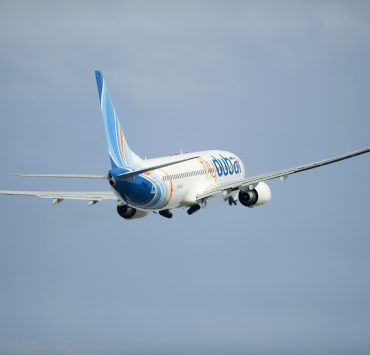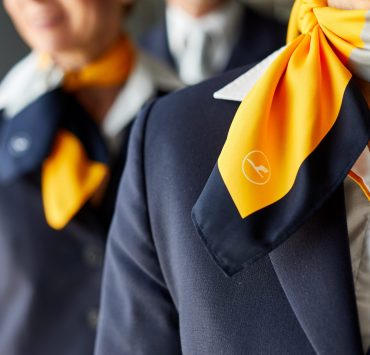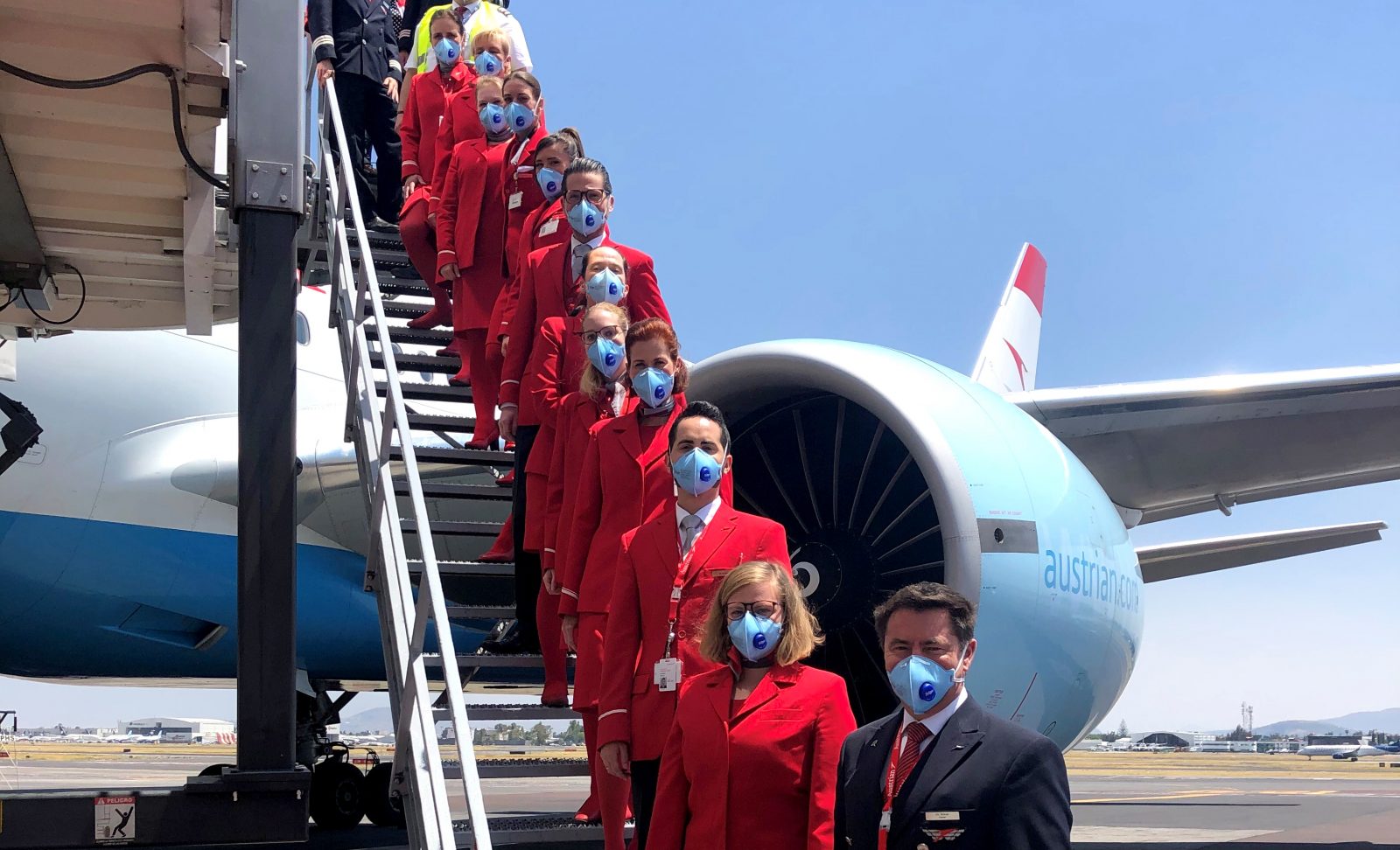
The European Aviation Safety Agency (EASA) has rushed through new guidelines to protect cabin crew and pilots from the risk of catching Covid-19, the potentially fatal respiratory illness caused by the Coronavirus. Cabin crew are now advised to wear a face mask at all times when they are around passengers and airlines have been told to strictly limit the amount of time crew spend in the cabin as part of a package of measures that some say is too little, too late.
EASA decided to publish the new guidance following uneven interpretation of existing rules between different countries within Europe and individual airlines. The safety agency said some airlines had questioned when they needed to place their crew members into quarantine and others had queries about what personal protective equipment crew members should have access to.
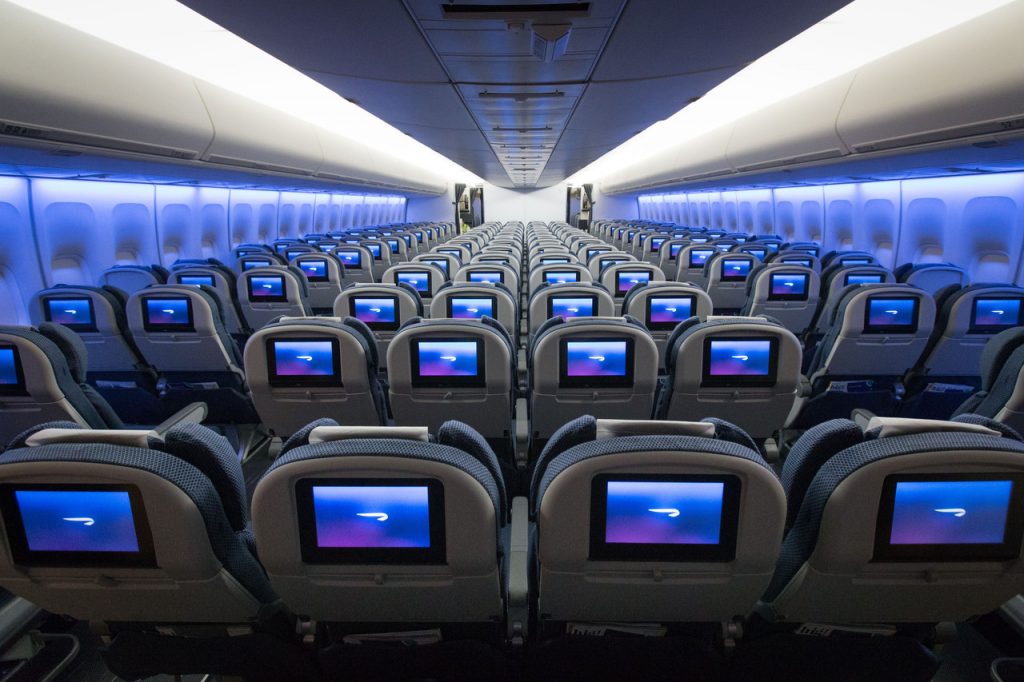
Aiming to both clear up any ambiguity and convince other countries that Europe was taken its responsibility to combat Covid-19 seriously, EASA drew up the ‘Guidance on Management of Crew Members in relation to the SARS-CoV-2 pandemic’.
Wherever possible, EASA says airlines should avoid long stopovers or layovers in ‘high risk’ areas – while the agency doesn’t define what high risk, it could probably be considered to be much of the world after the World Health Organisation (WHO) declared a global pandemic.
Europe is currently the global epicentre of the outbreak but the WHO says the United States may soon become the new epicentre and community outbreak in many countries is becoming all but unavoidable.
Ground staff should be banned from boarding an aircraft unless their presence on the aircraft is absolutely essential and cabin crew should wear PPE including face masks and gloves at all times.
“Face masks should be worn by crew members having direct contact with passengers, at all times and replaced regularly (at intervals not exceeding 4 hours)”
EASA Guidance on Management of Crew Members in relation to the SARS-CoV-2 pandemic
The guidelines also suggest:
- Rostering the same crew to work together to avoid cross-contamination
- Blocking at least one lavatory for use exclusively by cabin crew
- Limit access to the flight deck even more than normal
- Banning cabin crew from touching passengers belongings including helping them with their hand luggage
- Assigning a specific crew member to deal with a specific part of the cabin
Meanwhile, on trips where a layover is unavoidable, EASA says airlines should negotiate with local authorities to have their crew members driven straight from the aircraft to their accommodation, bypassing all public areas. Once on the transportation, a large enough bus should be used that there’s at least one row of seat distance between each crew member.
“Once they reach the hotel the crew members should be provided with packed meal and will not be allowed to exit their rooms except for emergency reasons,” the guidance continues. “Additional meals and drinks should be provided via the hotel’s room service”.
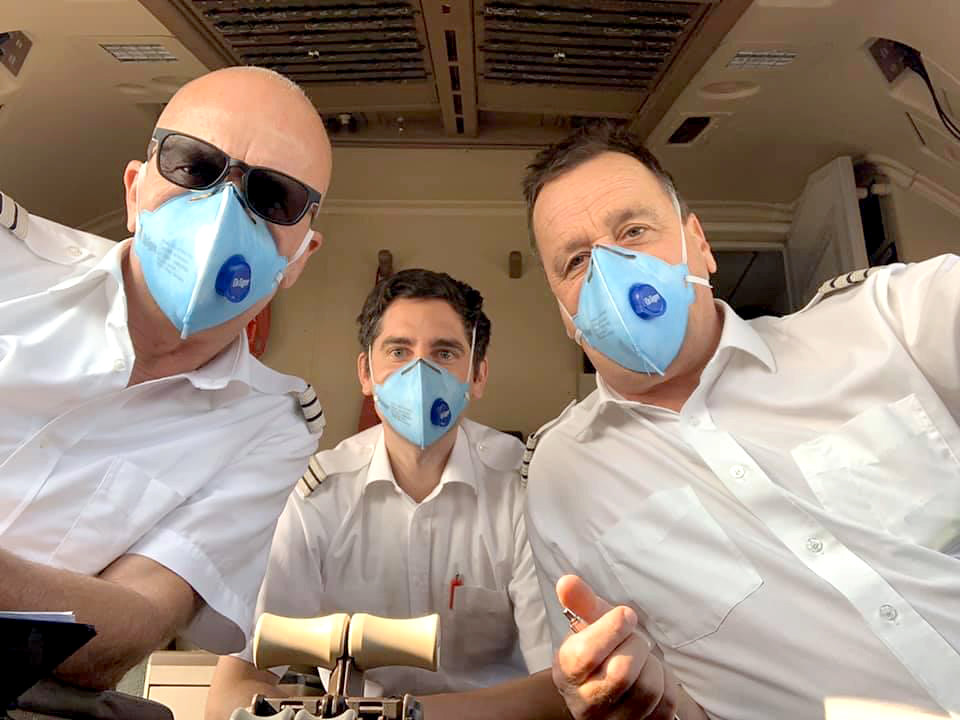
A few days ago, British Airways was criticised for sending cabin crew back to work after it was confirmed that they had been working with three pilots and one other crew member who all had Covid-19. At the time, BA said it was simply following government guidance.
EASA now says that any crew member who has been on a flight with someone confirmed to have caught the Coronavirus should be immediately isolated for 14-days.
The guidance follows similar rules published by the Federal Aviation Authority (FAA) but just like that document, these are merely suggestions and airlines can choose to ignore them if they wish.
Recent research found that cabin crew were in a particularly high-risk group of workers who could be exposed to the Coronavirus. Airlines have been urged to do much more to protect cabin crew with varying levels of success.
Mateusz Maszczynski honed his skills as an international flight attendant at the most prominent airline in the Middle East and has been flying throughout the COVID-19 pandemic for a well-known European airline. Matt is passionate about the aviation industry and has become an expert in passenger experience and human-centric stories. Always keeping an ear close to the ground, Matt's industry insights, analysis and news coverage is frequently relied upon by some of the biggest names in journalism.







